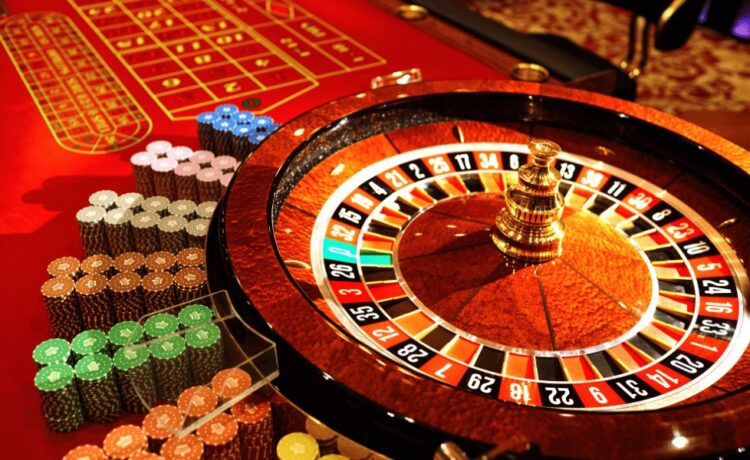Gambling is an exhilarating experience winning, the anticipation before the dice are rolled or the cards reveal themselves, keeps many people coming back to casinos and online gambling sites. However, along with the excitement often comes irrational thinking and fallacious beliefs. The most prevalent gambling fallacy is the hot hand fallacy. For example, if a roulette player spins in a row betting on black, there is a tendency to believe that black is on some kind of hot streak, and is thus more likely to come up again on the next spin. In reality, each turn of the roulette wheel is entirely independent of the last. The odds are always the same on each spin, but our brains trick us into seeing patterns and streaks when there are none. Streaks of success are attributable to luck and randomness, not skill or predictive power.
Gambler’s fallacy
Related to the hot hand fallacy is the equally common gambler’s fallacy. For example, if someone flips a coin and gets heads 10 times in a row, there is a tendency to think that tails are “due” to come up on the next flip. In reality, a fair coin has no memory and each flip is a completely independent 50/50 chance of heads or tails. Gamblers thus falsely assume that prediction reverts to normal frequency distributions when in reality short-term outcomes do not affect long-term expected results. It refers to how coming close to winning makes people overestimate their chances of winning next time. For example, landing on two out of three winning symbols on a slot machine reel may make someone think they barely missed out and are likely to hit the jackpot on the next spin. Online gambling particularly relies heavily on near-miss effects to keep players engaged.
House money effect
Have you ever noticed gamblers seeming more reckless after a big win? If someone is up $1,000 from their initial $100 bet, they may be more inclined to make risky wagers because they are playing with “house money” they did not previously have. It can lead to giving back W88 Top1Casino games winnings faster as players take unnecessary risks feeling immune to loss. In reality, money won is no different than original money – it all affects your bottom-line wealth equally. But psychologically, people often treat house money differently, making suboptimal financial decisions accordingly. Online casinos also leverage this bias, encouraging continued betting by framing play balance as casino money rather than real cash.
Sunk cost fallacy
Chasing losses is one of the fastest ways gamblers dig themselves into financial holes. For example, someone who has lost $1,000 playing blackjack feels compelled to keep playing to try and win it back, rather than cutting their losses. In economic terms, sunk costs should be irrelevant to future decision-making, but psychologically they loom large. Gamblers falsely believe they can recoup losses by continuing to gamble, even when the odds remain stacked against them.
Games with any skill component like blackjack open the door for gambler’s conceit, even though outcomes still contain major elements of randomness. Online sportsbooks also cater to this bias by offering complex stats and betting options that suggest sports betting success depends solely on handicapping ability. Being mindful of the role of chance can help gamblers avoid thinking their system or insight can beat mathematically-set odds.


